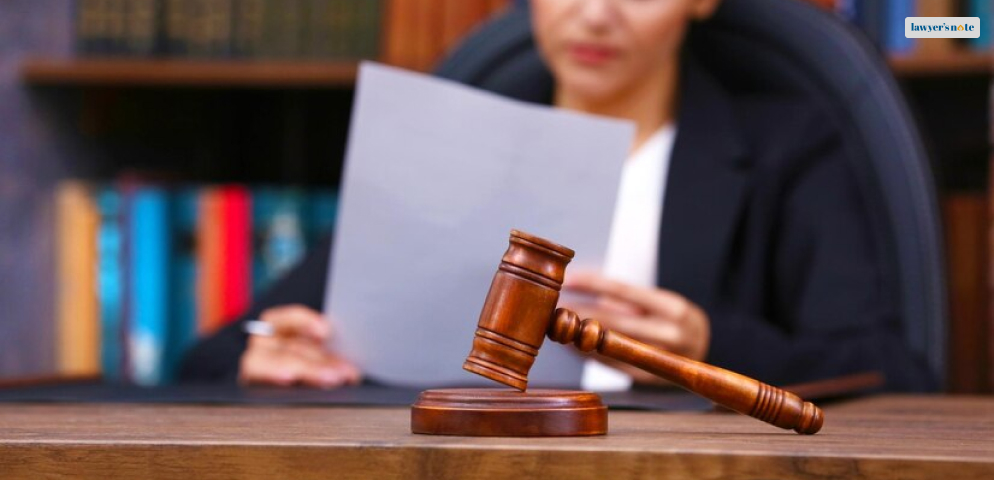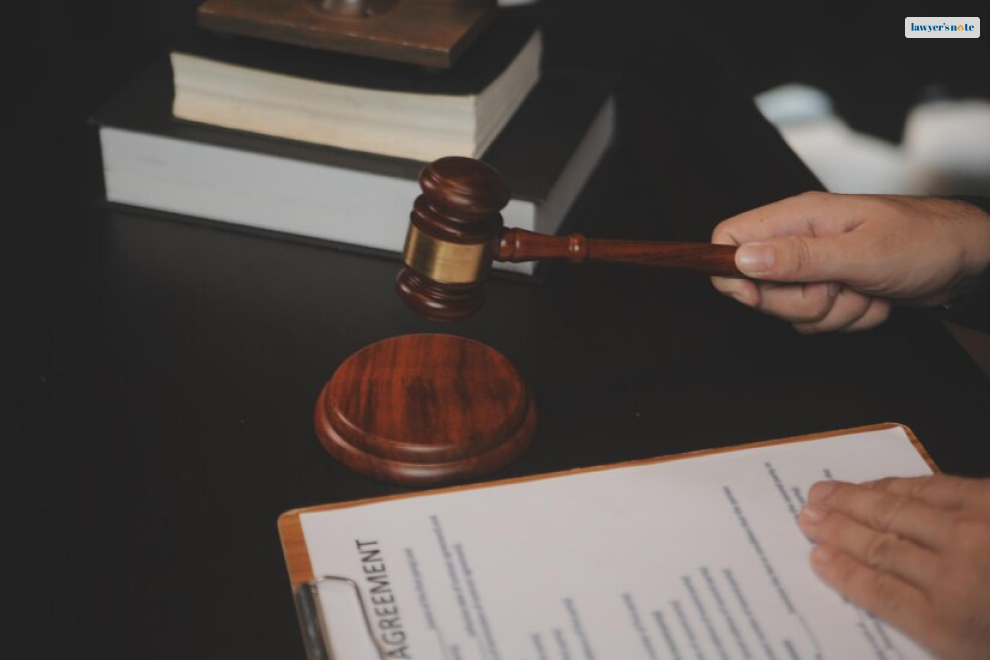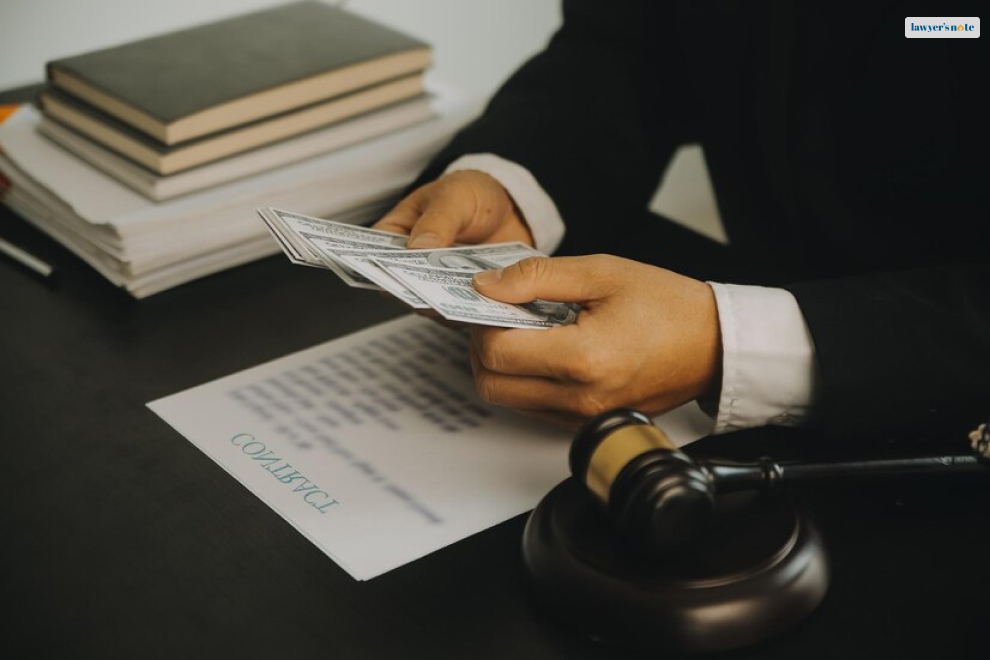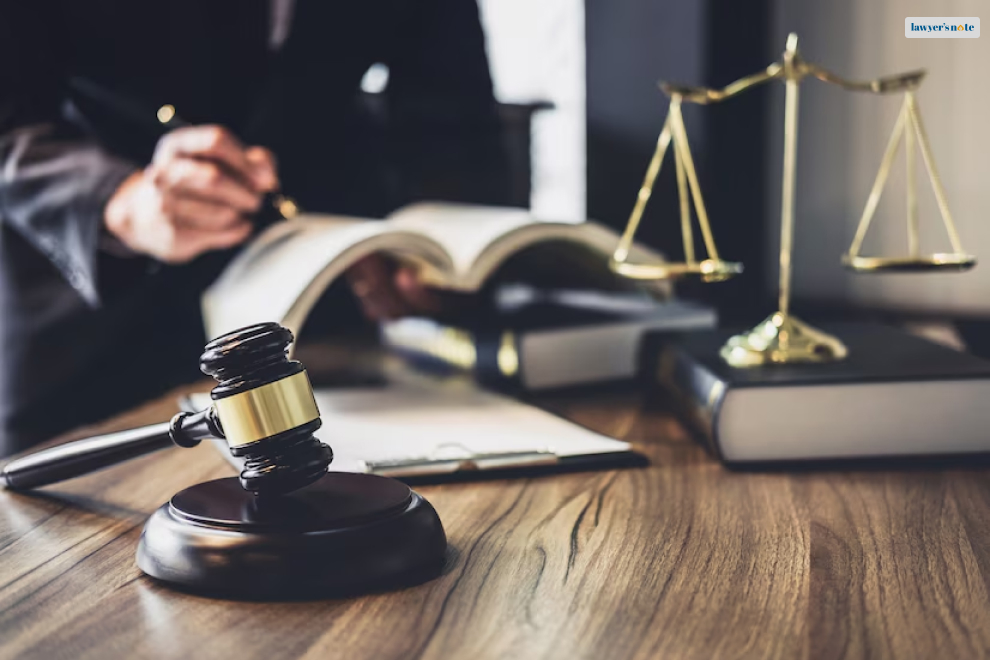Bus Accident Attorneys: Essential Tips for Victim Representation
As bus accident attorneys, we have undergone a series of bitter experiences with the victims that are quite horrifying. After....
1165 Views

One of the significant challenges in the legal field is the matter that requires proving legal malpractice. Proving a legal malpractice claim against a prior attorney can be complex and needs expert legal advice. This article will provide ideas regarding whether to pursue a legal malpractice claim or seek compensation. Working with an expert team with a proven track record to prove legal malpractice cases is one way to increase your chance of success.

Hiring a lawyer can be a big decision to take. People often put their trust and livelihoods in their lawyer’s hands. For instance, after a car accident that leads to the victim being permanently disabled, they and their family shall hire attorneys to seek damages for covering damages and to replace the lost income. So, legal malpractice happens when a lawyer fails to represent their client appropriately.
Lawyers tend to hold a position of trust among the public, like when you go to the doctor with the faith that they shall provide you with the best treatment for your medical issues. Similarly, people also turn to attorneys when navigating complex legal matters.
Similarly, you will hire a lawyer based on their expertise since the law is very complex and becoming an attorney requires years of education, training, and experience within the legal industry.
However, in many instances, some lawyers can effectively represent clients within a legal proceeding and lack the required skills for legal proceedings. Legal malpractice usually occurs when an inexperienced or incompetent lawyer takes on cases in an area of law with no expertise—the client’s chance of being harmed or misrepresented increases in such cases.

Your lawyer is your legal resource when pursuing a personal injury claim or any other legal case. They are the link between you and the legal system. Moreover, we rely on lawyers to handle our legal cases professionally. There are judgment calls, but sometimes, the attorneys make errors or exercise judgment based on something other than their skill, expertise, or knowledge.
In various cases, legal issues are complex. A win or a loss can sometimes hinge on small details within the law that only a law expert shall know. On the other hand, legal malpractice tends to get in the way of successful claims or court outcomes.
Here, we are mentioning some common legal malpractice claims that have arisen.
Lawsuits, especially those dealing with personal injury cases, tend to be full of deadlines and administrative requirements. For example, victims of injuries on a cruise ship generally have only a year from the injury to file for a claim.
Moreover, if they wait any longer, they’ll lose the opportunity to pursue a lawsuit to recover the damages if a lawyer needs to learn how to file the lawsuit in the correct court. This can damage or destroy your case.
Conflicts of interest within the legal profession are conditions in which a legal professional’s personal or professional pursuits conflict with their obligation to prioritize their customers’ pursuits. These conflicts can arise in diverse situations, representing multiple clients with conflicting hobbies, having a non-public courting with a client or opposing celebration, or having monetary hobbies that may affect their judgment.
Conflicts of interest can undermine an attorney’s capacity to provide unbiased recommendations and illustrations, leading to ethical breaches and legal effects. Lawyers should adhere to ethical policies and tips set up by bar associations and regulatory bodies to mitigate conflicts.
This might also involve disclosing capacity conflicts to clients, acquiring knowledgeable consent, or declining illustration altogether if the conflict cannot be safely controlled. Failure to cope with conflicts of interest can jeopardize the lawyer-client relationship, harm the lawyer’s recognition, and result in disciplinary movement. Therefore, attorneys must vigilantly perceive and navigate conflicts of interest to uphold their professional integrity and serve their customers’ significant interests.
Misappropriation in the context of legal professionals refers to the incorrect or unauthorized use of customer finances or property entrusted to the lawyer’s care. This breach of belief can occur when an attorney deliberately or negligently misuses a customer’s budget for personal costs, fails to manage the client’s budget properly, or commingles the client’s budget with their own. Misappropriation is a critical violation of ethical and legal responsibilities, as lawyers safeguard their customers’ assets and keep their monetary integrity. Consequences for misappropriation can include:
To save you from misappropriation, attorneys must adhere to strict accounting practices, keep clear records of client transactions, and ensure that customer finances are used handily for legal functions. Additionally, imposing the proper internal controls and oversight mechanisms can assist in mitigating the chance of misappropriation and keeping trust within the legal career.
Mishandling settlements through attorneys refers to fallacious managing or misusing settlement funds entrusted to them on behalf of clients. This can arise through negligence, intentional misconduct, or failure to stick to legal and moral obligations. Common examples include:
Mishandling settlements now not handiest violates the fiduciary duty attorneys owe to their clients; however, additionally undermines acceptance as confirmed inside the legal profession and may result in intense effects. Lawyers must work out diligence and transparency in dealing with agreement funds, maintaining accurate data, directly disbursing funds, and acquiring patron consent for any deductions or fees. Failure to uphold those standards can result in disciplinary moves, civil liability, and reputational harm to the lawyer and their company.
Poor conversation among legal professionals can result in misunderstandings, delays, and even prison mistakes. Insufficient verbal exchange among attorneys and clients can result in uncertain expectations and dissatisfaction. Moreover, inside legal teams, insufficient communication can result in duplicative efforts or contradictory movements.
Additionally, terrible communication between opposing parties can unnecessarily extend negotiations or boost disputes. Furthermore, ineffective verbal exchanges with courts or administrative bodies can result in ignored deadlines or incomplete submissions.
Consequently, those conversation breakdowns can prevent case progress and erode patron acceptance as accurate. To address those challenges, lawyers need to prioritize clear and regular conversation channels. This includes energetic listening, timely updates, and apparent discussions about strategy and expectancies. By fostering open verbal exchange, attorneys can beautify collaboration, reduce mistakes, and deliver more excellent, effective representation to their clients.
Lawyers owe a duty of confidentiality to their customers, but betrayal of self-belief can arise after they disclose privileged facts without authorization. Firstly, legal professionals should apprehend the privileged nature of customer communications, ensuring that touchy facts stay confidential. However, breaches of confidence may additionally arise because of negligence, unauthorized disclosure, or conflicts of interest. Moreover, such breaches can damage the client’s trust and undermine the legal professional-client relationship.
Consequently, legal professionals should exercise caution and restraint in managing private facts, adhering to expert ethics and criminal responsibilities. Additionally, betrayal of self-belief no longer only violates ethical standards but additionally exposes attorneys to potential legal responsibility and disciplinary motion. Therefore, safeguarding customer confidence is paramount to maintaining the integrity and trustworthiness of the legal profession.

Legal malpractice happens when an attorney fails to perform effectively or breaches their responsibility to their purchaser, resulting in damage or damages. Proving prison malpractice entails demonstrating that the legal professional breached their obligation of care and that this breach immediately induced damage to the consumer. This manner typically involves various elements and concerns.
To prove criminal malpractice, several key elements must be set up:
Existence of Attorney-Client Relationship: The first step is establishing a legal professional-purchaser courting between the attorney and the customer. This relationship indicates that the attorney owed a duty of care to the consumer.
Breach of Duty: The client ought to reveal that the attorney breached their responsibility of care. This breach can also contain negligence, incompetence, or a failure to adhere to professional requirements.
Causation: It must be shown that the attorney’s breach of duty directly triggered harm or damages to the patron. This calls for establishing a causal connection between the legal professional’s actions or omissions and the client’s losses.
Damages: The purchaser must quantify and show the damages suffered due to the legal professional’s malpractice. This may include monetary losses, emotional distress, or different types of harm.

To set up a breach of responsibility in criminal malpractice instances, several elements may be considered:
Standard of Care: Legal experts are held to a trend of care expected of a reasonably ready attorney working towards comparable occasions. Expert testimony from other lawyers or legal experts may be used to establish this standard.
Negligence or Errors: Evidence of negligence or errors on the attorney’s part may also indicate a breach of responsibility. This may include overlooked deadlines, failure to research information, or inadequate prison studies.
Violations of Ethical Rules: Breaches of expert ethics or violations of legal standards of behavior can also represent a breach of duty. This could contain conflicts of hobby, incorrect disclosure of exclusive information, or other moral lapses.
Failure to Communicate: A lack of conversation between the lawyer and customer, including failing to keep the consumer knowledgeable about case traits or responding to client inquiries, may suggest a breach of responsibility.
Proving causation in prison malpractice cases can be complex, however necessary. To establish causation, the purchaser ought to show that the lawyer’s breach of duty immediately brought on their damages:
But-For Test: This check asks whether the harm suffered by the client could have occurred due to the lawyer’s negligence or misconduct. If the harm could no longer have happened but for the attorney’s actions, causation can be installed.
Proximate Cause: In addition, proving causation. However, the purchaser has to show that the attorney’s moves had been the proximate reason for their damages, which means that the damage was a foreseeable effect of the legal professional’s conduct.
Evidence of Harm: Documenting the unique harm suffered by the consumer and connecting it to the legal professional’s movements can assist in setting up causation. This may also involve financial records, correspondence, or testimony from professionals.
Once a breach of duty and causation are set up, the patron must quantify the damages from the lawyer’s malpractice.
Financial Losses: This can also include the price of legal charges paid to the negligent attorney and any additional fees incurred due to the legal professional’s mistakes or misconduct.
Lost Opportunities: Clients can also try to find repayment for lost opportunities or advantages they could have acquired had the attorney not been negligent. This should include lost settlements, commercial enterprise possibilities, or other potential profits.
Emotional Distress: In some cases, customers may also claim damages for emotional distress or intellectual discomfort due to the lawyer’s malpractice. Evidence that includes medical records or mental fitness expert testimony may also assist those claims.
Punitive Damages: In cases concerning egregious misconduct or intentional wrongdoing, punitive damages may be offered to punish the lawyer and deter similar conduct.
Proving legal malpractice calls for demonstrating that the legal professional breached their duty of care, that this breach prompted damage to the purchaser, and that the consumer suffered quantifiable damages. By carefully considering the elements of legal malpractice and gathering relevant proof, clients can pursue compensation for losses incurred due to lawyer negligence or misconduct.
Read More…
The Latest Updates On Simply Orange Lawsuit In US
Everything You Need To Know About Non Disparagement Clause
Staying Up-To-Date: Changes And Updates In Military Status Verification Procedures

As bus accident attorneys, we have undergone a series of bitter experiences with the victims that are quite horrifying. After....

It’s important to keep a steady and ironclad relationship with your suppliers. It helps you to reach your business in....
By LawyersNote
08 May 2024
In the world of real estate law, easements play a crucial function in defining property rights and get entry to.....
By LawyersNote
01 Apr 2024